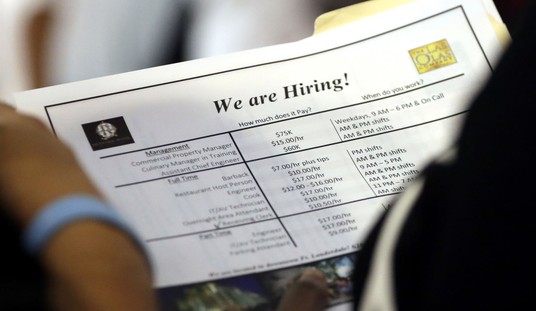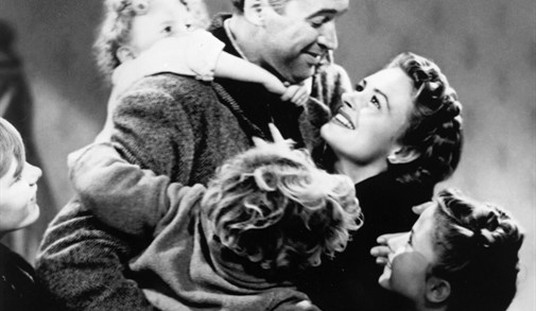Madeleine Sackler is no Michael Moore.
The documentary filmmaker felt the urge to tell both sides behind the charter school debate, the subject of her new feature The Lottery.
Only one side wasn’t talking.
“I thought it was really important as a documentary filmmaker to try to capture all perspectives,” Sackler says.
So the filmmaker sought out the school union members who slam the charter school model and tried to shoot footage inside some public school buildings.
Nothing doing.
The sources claimed they didn’t have time to speak to her for the film even though she tried repeatedly over the course of an entire year to let them defend themselves. And the few folks who agreed to speak to her from the union perspective, like families opposed to charter schools, never showed up at the appointed time, she says.
“You have a choice as a filmmaker. Either stop making the movie or make the movie you have access to,” she says.
The Lottery proves the forces behind the charter school movement are only too proud to share their educational story. The film follows four families who apply to a lottery for the chance to enroll at Harlem Success Academy, an elementary school where students are expected to thrive — and typically do.
Audiences get to know four sweet-faced children and the parents who pray they won’t have to enter the public school system, a portrait in underachievement.
The film details the sorry statistics of union-fueled schools and, more importantly, reveals how desperate many urban parents are to flee them. The Lottery winners get no cash reward for their troubles. They simply get the chance to enroll their children in a school which will give them a greater chance to thrive later in life.
The Lottery will be viewed by some as partisan reportage, especially given the conservative position on school choice. Variety’s John Anderson calls the film “advocacy to the point of propaganda” — a charge critics rarely level at the aforementioned Moore.
Sackler begs to differ.
“It’s political but not partisan,” she says. “Of all the interviewees in the film, almost all are Democrats, which was in no way intentional.”
The charter school debate is evolving, she says, leaving ideological name tags behind.
“You find Democrats now on either side of the issue,” she says, adding that President Barack Obama’s leadership on the issue is helping his fellow Democrats take a stand on the matter. (Although the Obama administration sided with unions when it came time to find school choice options in Washington, D.C.).
It’s hard to argue with statistics like this. It costs New York City $250,000 to fire an incompetent teacher. And in one fascinating sequence, a union defender tries to spin the fact that only 10 bad teachers were fired over a given period to TV talker Charlie Rose.
The Lottery isn’t the only film tackling today’s public school system. The recently released documentary The Cartel casts a critical eye on New Jersey’s bloated, underperforming schools. And this fall, Davis Guggenheim’s Waiting for Superman will tread similar terrain.
“I think there’s a movement that’s growing. People have been working on this for a long time, and it’s starting to hit a tipping point,” she says. “I was blown away by the number of parents that were there [for the lottery drawing].”
Filming the movie taught her a great deal about modern educational woes.
“Most people just don’t know how bad the problem is and how dramatically it affects families,” she says.
The shoot also dispelled the notion that students fail due to negligent parents. Tell that to the gaggle of parents who line up for the lottery each year, begging for a chance to get their children off on the right academic foot.
“What I saw was so contradictory to that,” she says of her days compiling the 140 hours of footage that would become The Lottery.
Still, even charter school advocates may walk away from Sackler‘s film knowing the director had her thumb on the scale on their behalf.
The director takes umbrage with that position.
“If you look at the movie, it’s really just about the four families and what they want … and the obstacles that stand in their way,“ she says. “I don’t understand how that’s propaganda. I’d like them to say that to the parents who experienced this thing.“
Partisans will take sides with the film, but Sackler says her focus remains on the children affected by school choice — or the lack thereof. Only one in seven children end up enrolling in Harlem Success each fall.
“[Parents] were forced to put their kids and themselves through something no one should have to experience,” she says of the nerve-wracking lottery process.









Join the conversation as a VIP Member